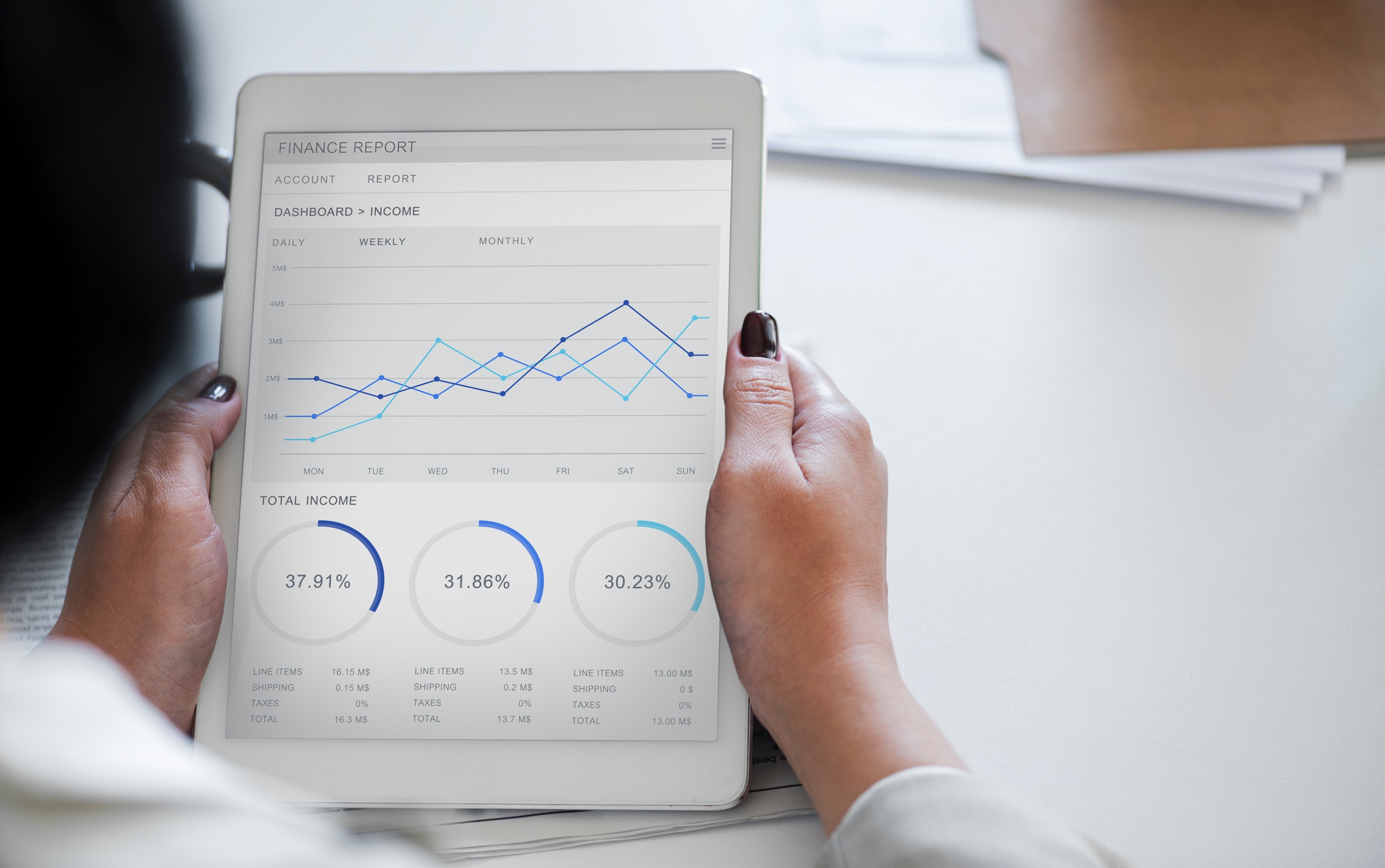Making Tax Digital: How HMRC is transforming the UK tax system
Lubbock Fine, 21 February 2019

Lubbock Fine, 21 February 2019

Making Tax Digital (MTD) is a pioneering government initiative designed to simplify the way we do our taxes. By encouraging individuals and businesses to record their finances digitally and file their tax returns online, the government hopes to stamp out costly errors and make the entire process more efficient. The initial phase of this far-reaching programme commences in April this year, affecting over two million UK businesses.
The first part of the government’s plan to streamline the UK tax system is aimed squarely at the business market and aims to transform the way companies maintain their financial records and file their VAT returns. Here are some of the key points of the MTD initiative:
Making Tax Digital for VAT is just the start, and plans are already in place to extend the initiative to include income tax and corporation tax. A pilot scheme is currently underway, and we could see it rolled out nationally as early as April 2020.
With the April deadline looming, studies show that as many as one in three companies are still unprepared for the digital switchover. A lot of small businesses still use manual systems and simple spreadsheets to record their finances, and even companies that routinely store their data electronically may have to invest in so-called bridging software to satisfy government requirements. If you’re already using a cloud-based application or a popular accounting package, such as Xero or Sage, you should be OK, but if you’re yet to adopt a compatible system, you need to act fast. Failure to comply with the new regulations could incur costly penalties, with the government introducing a points-based system to penalise companies that fail to toe the line. Here are a few tips to help you get your business MTD-ready:
Here, at Lubbock Fine, our experienced tax advisers can ensure your business is fully prepared for the MTD initiative. We’ll review your software to make sure it’s fully compatible with all HMRC requirements, ensure your accounting processes are set up for quarterly reporting, and help you meet all the statutory submission deadlines and avoid any costly penalties.
For more information about Making Tax Digital and getting your company ready for the April deadline, speak to your usual Lubbock Fine advisor or partner Neil Williams at neilwilliams@lubbockfine.co.uk